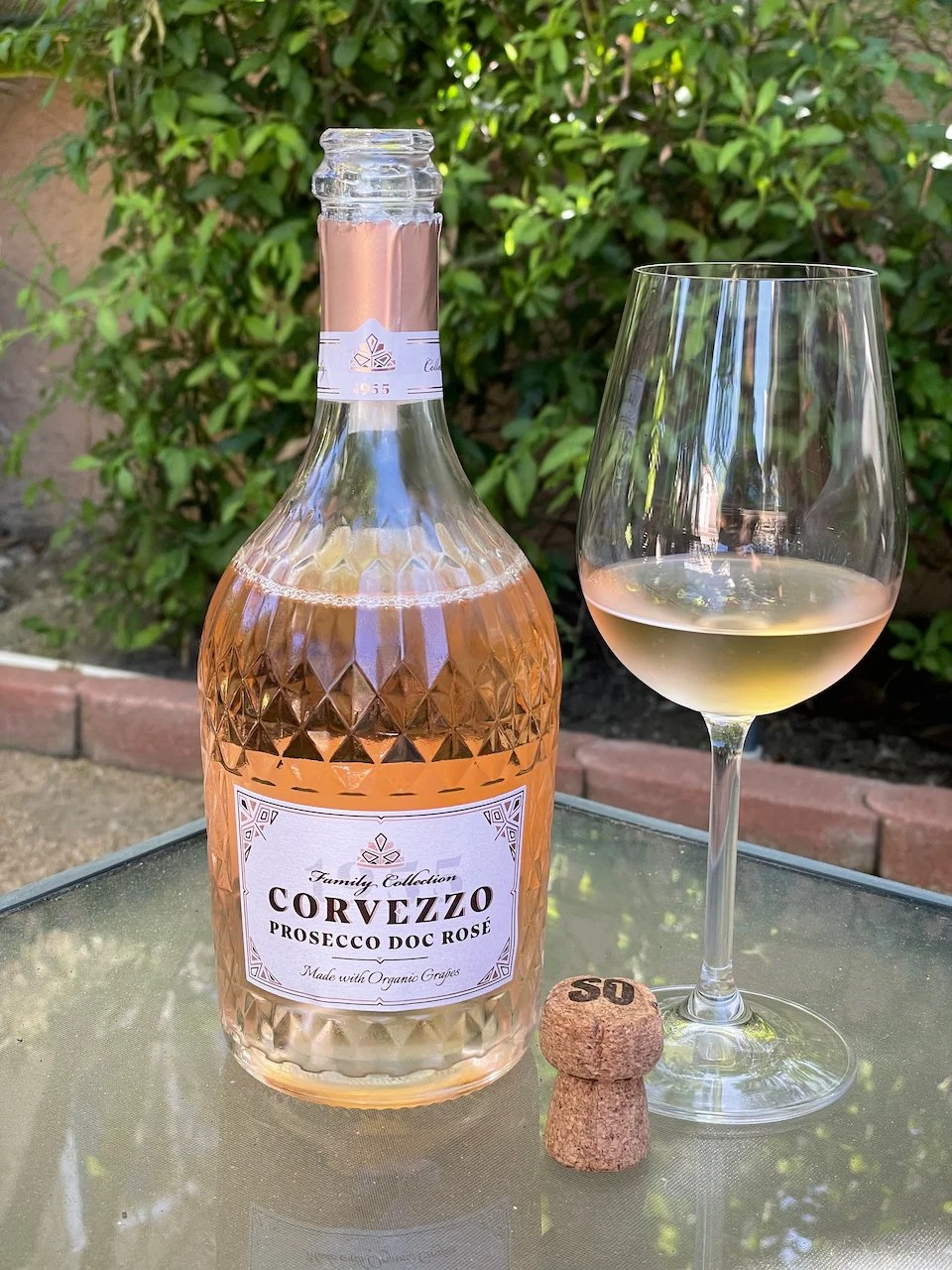2023 Gaia Pinot Noir Rosé ($18)
GAIA [ɡâi̯.a], the Greek Goddess of the Earth, has been the inspiration of the Bousquet family since the founding of their winery in 1997 when they pioneered and cleared virgin land in the highlands of the Gualtallary district of Tupungato, Argentina.
Thanks to the Uco Valley's dry climate and phylloxera-resistant sandy soils, organic farming at Domaine Bousquet, from day one, was not only possible, but desirable. Other factors that distinguish this landscape are the constant breezes from the Andes to the west, which help mitigate heat stress in this desert climate. Significant temperature differentials between day and night help enhance aromatics, while the sandy soils result in low fertility, desirable for vine stress and ideal for good drainage. With an average annual rainfall of just 8”, groundwater from the Andes snowmelt is vital for vineyard irrigation.
This Gaia Pinot Noir Rosé is produced from 100% Pinot Noir that is pressed in full bunches to maximize aroma extraction, followed by five-day cold maceration. It was then fermented for 30 days.
Gaia Rosé is a pale copper in color with delicate aromas of red fruit (cherry & strawberry) and floral notes. On the palate, this light-bodied rosé has subtle notes of Maraschino cherry and strawberry and finishes soft and balanced with just a hint of sweetness. [ABV: 13%, pH: 3.32, Acidity: 5.62 g/L, RS: 1.43 g/L]
Gaia Rosé from Domaine Bousquet is light, easy to drink and very affordable making it a great fit as this week’s Behind the Cork™ Wine of the Week. Cheers!
Disclosure of Wine Sample Submission: I received this sample at no cost for review. The opinions expressed are entirely my own.
Media Sample Provided by Domaine Bousquet






